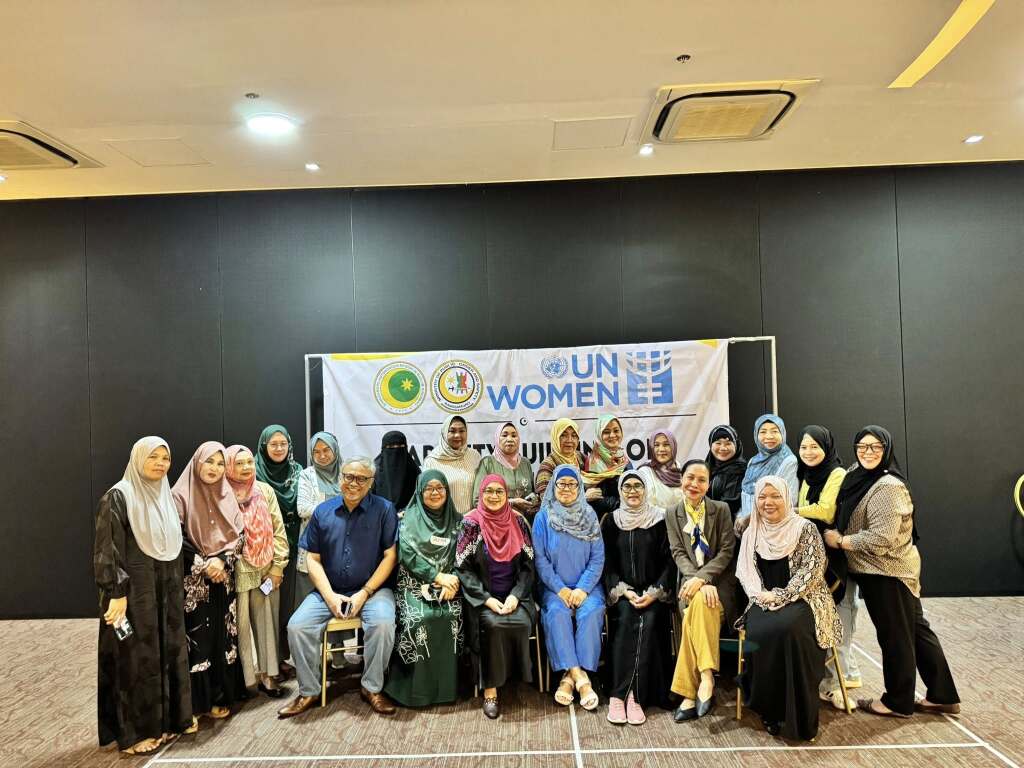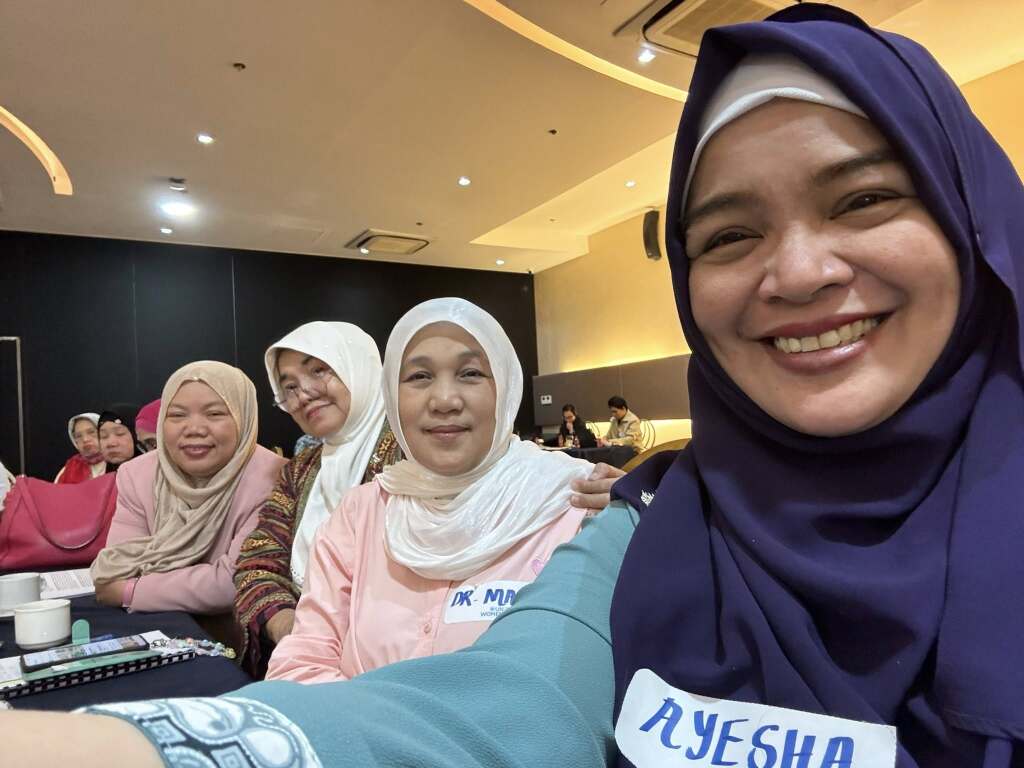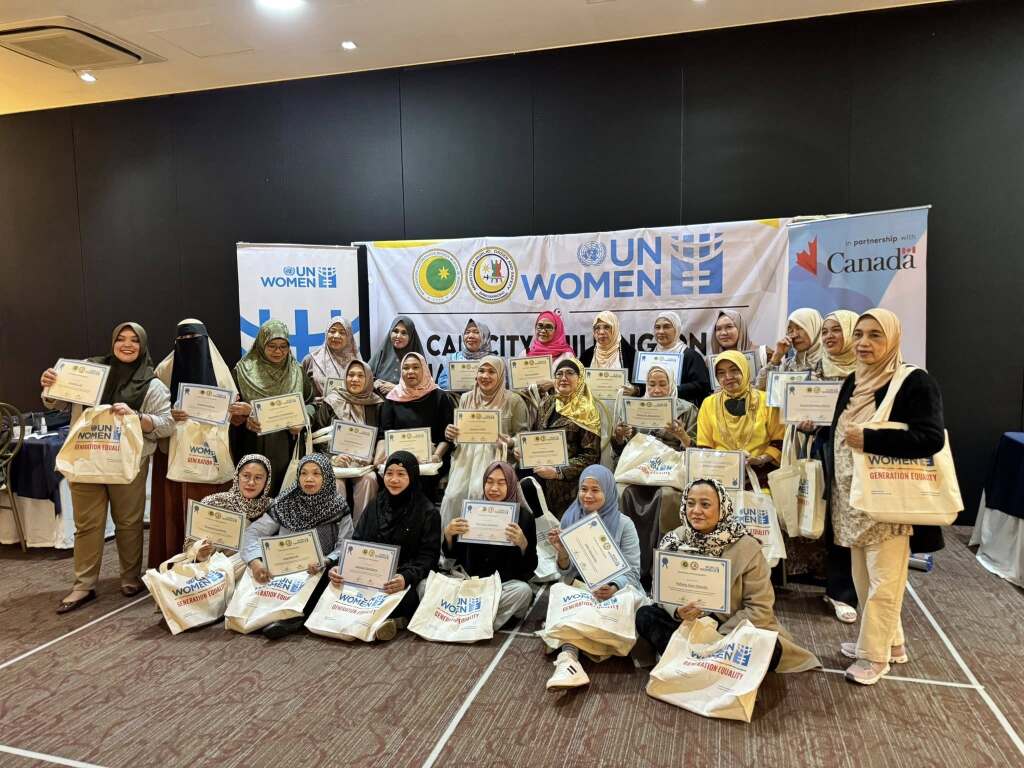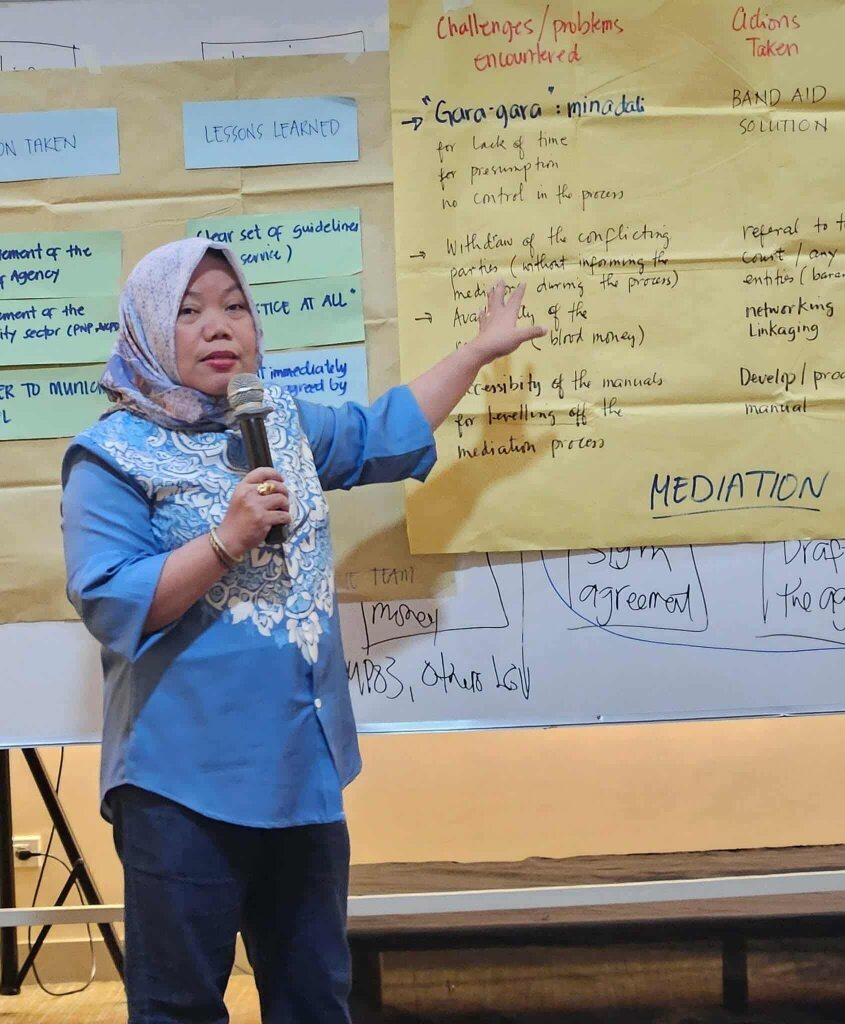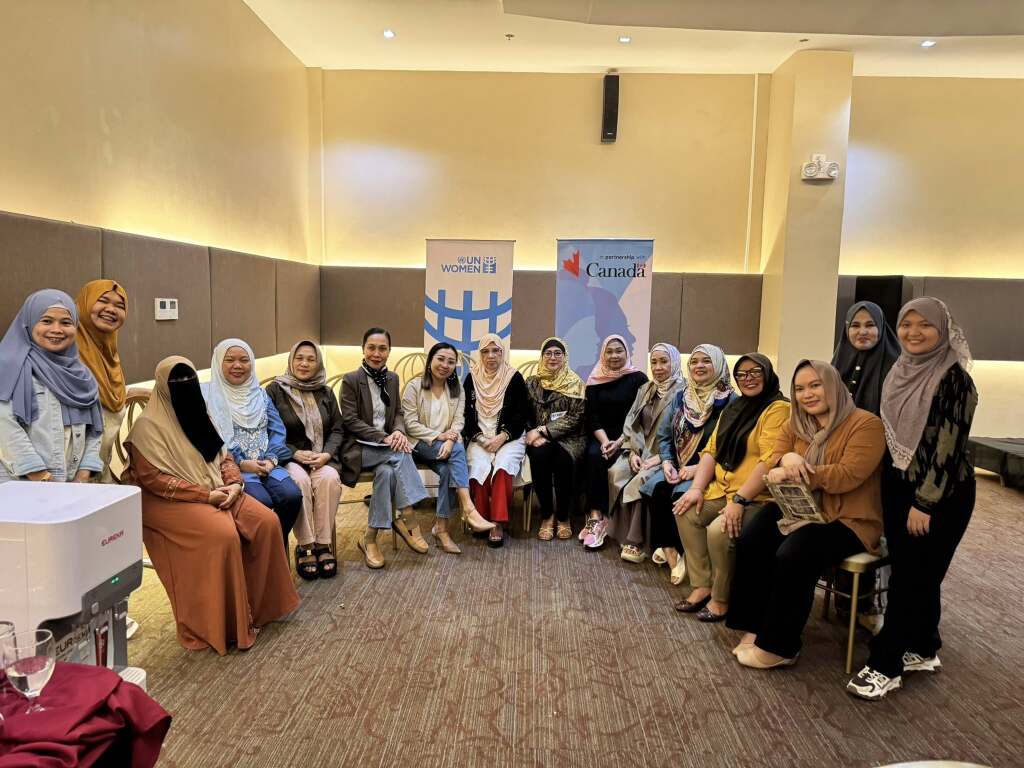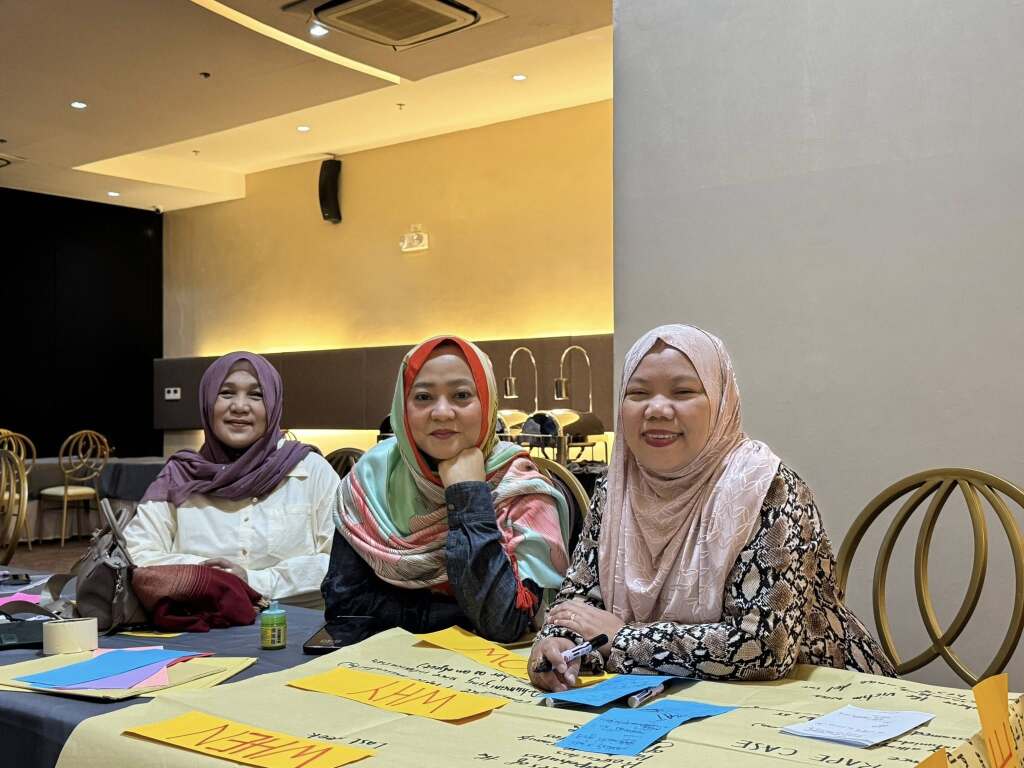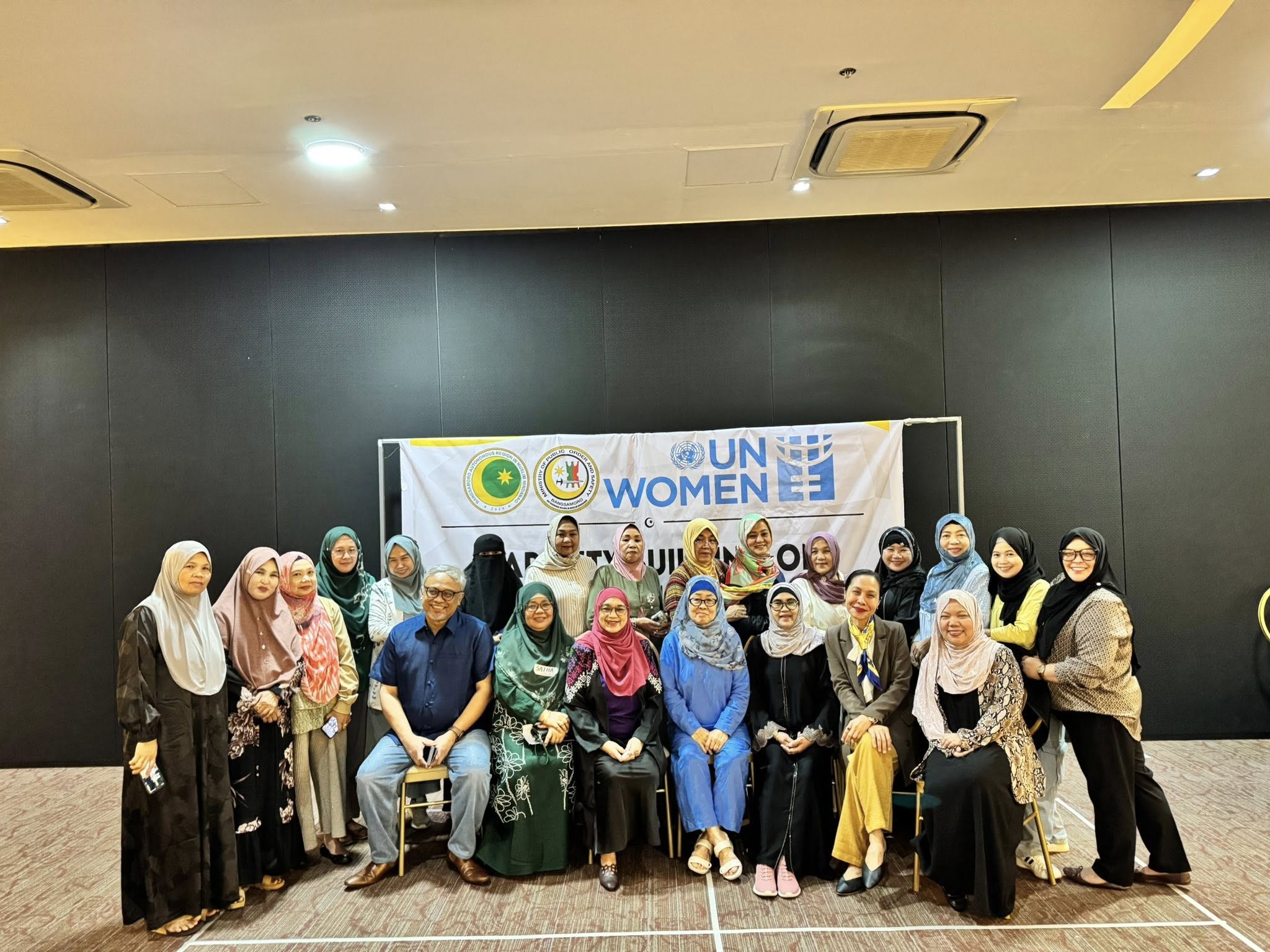Aliah Pacalna Cali-Pascan, DPA, J.D.
Officials from Mindanao State University (MSU) Marawi, who are also members of the Bae a Tomanor (B’TARA), recently completed a comprehensive Capacity Building on Mediation for Lanao del Sur Women Mediators. Held at Go Hotel, Iligan, from July 2-7, 2025, this intensive program, organized by the Ministry of Public Order and Safety (MPOS) and funded by UN Women and Canadian Aid, with support from the Bangsamoro Women Commission (BWC), aimed to empower women in peacebuilding through enhanced mediation skills. This initiative aligns perfectly with broader regional peace and development goals.
The capacity building kicked off with opening remarks from key figures in regional peace advocacy: Rafsan Johnny Abdul of MPOS, Sahara K. Ali of the BWC, and Ayessa Tin of UN Women. Hudaifa Macapodi of MPOS provided the rationale for this timely activity, emphasizing its importance for the Lanao del Sur community.
Over seven dynamic sessions, participants delved into critical aspects of mediation and conflict resolution. Topics included the Regional Action Plan on Women, Peace and Security, foundational concepts of mediation, negotiation, dialogue, and facilitation. Participants also explored the qualities and roles of effective mediators, mastering conflict analysis techniques like conflict mapping and the Position, Interest, Need (Onion) model. The program emphasized the ethical conduct of mediators, outlining essential “Do’s and Don’ts,” and provided a structured approach to mediation through the facilitative model. The final session prepared participants for mediation simulations, allowing them to apply their newly acquired knowledge.
Distinguished resource persons led the sessions, including Hassana H. Malic of the Bangsamoro Women Commission, Jamila Aisha Sanguila, Nery Ronatay of UN Women Consultant, Ayessa Tin of UN Women Program Analysts, and Rahida Salido of the Ministry of Public Order and Safety.
MSU Marawi was well-represented by officials and B’TARA members: Dir. Hanimah Lao of Alumni Office, Dir. Linang Macabalang of Agakhan Museum, Executive Assistant Ayesha Merdeka M. Alonto, and PAO Dr. Aliah Pacalna Cali-Pascan of the Institute for Peace and Development in Mindanao (IPDM). Their participation highlights MSU’s unwavering commitment to fostering peace and development in the region. Notably, the Peace Center of IPDM was given by the Ministry of Public Order and Safety, an initiative by former MP Atty. Maisarah Latiph and the Ministry of Human Settlement.
A crucial component of the training involved mediation simulations, where three distinct cases were presented. Participants actively engaged by representing conflicting parties and mediators, providing a practical application of the theoretical concepts learned.
Further enriching the experience, Dr. Noni Lao, President of B’TARA and former Dean of the College of Public Affairs, facilitated a session for sharing experiences and accomplishments in conflict resolution among Local Mediator Groups. This provided a valuable platform for peer learning and strengthened the network of women mediators.
Ayessa Tin of UN Women concluded the activity by presenting the BARMM Women Mediation Agenda. She candidly discussed the hurdles faced by mediators while also emphasizing a powerful message for women: “Kaming mga kababaihan bilang katuwang alagad ng kapayapaan, katatagan at pag unlad ng komunidad sa BARMM ay nglalayong makilala ang aming kakayahan bilang women mediators at malayang makalahok sa mga prosesong pangkapyapaan. Magkaroon ng pormal na ugnayan o network ng mga kababaihang mediators sa BARMM.” (We, women, as partners in peace, stability, and community development in BARMM, aim to be recognized for our abilities as women mediators and freely participate in peace processes. We also aim to establish a formal connection or network of women mediators in BARMM.)
This capacity building initiative marks a significant step forward in empowering women in Lanao del Sur to become active agents of peace and development, strengthening the foundations for a more stable and prosperous Bangsamoro region.
